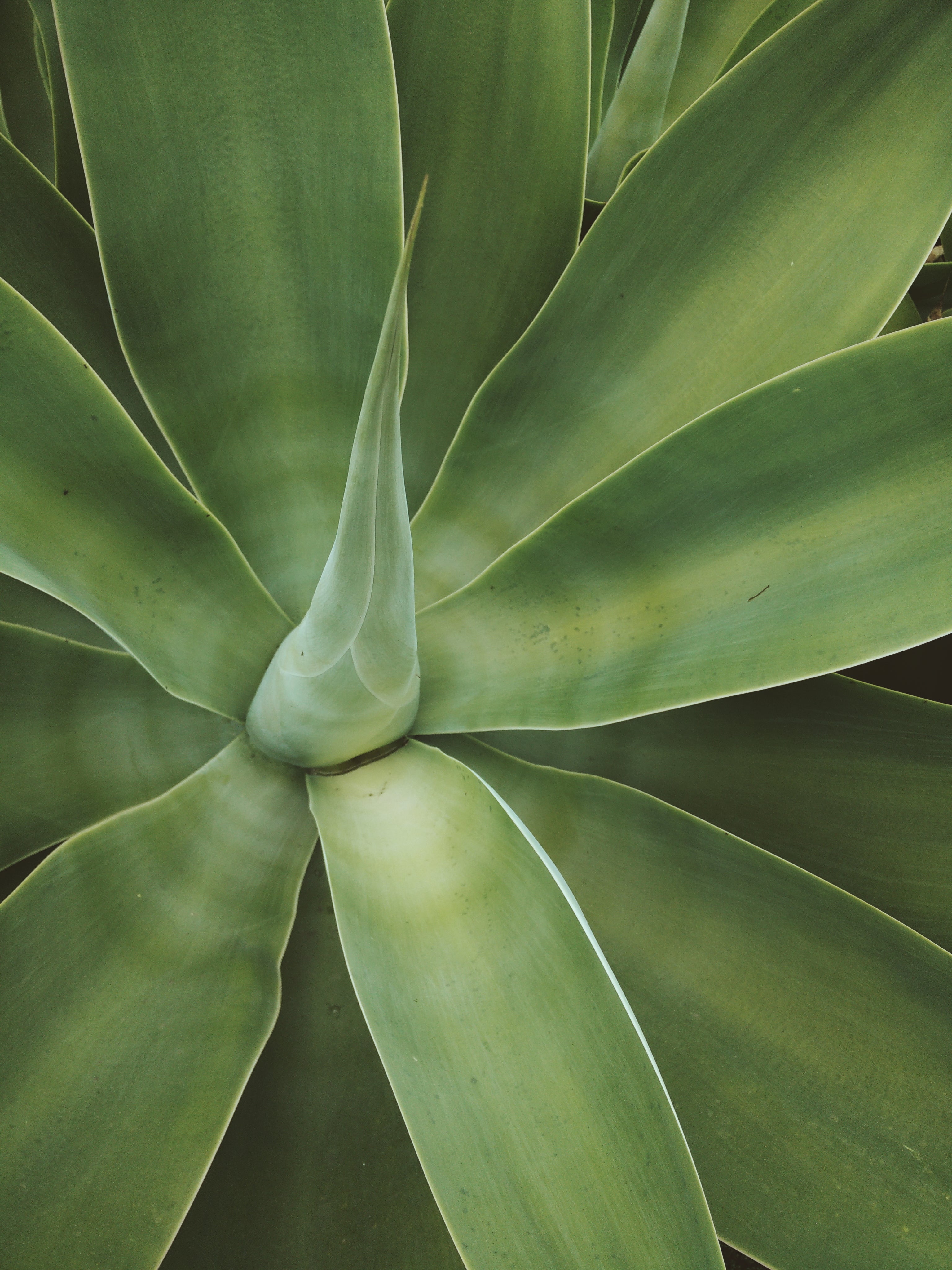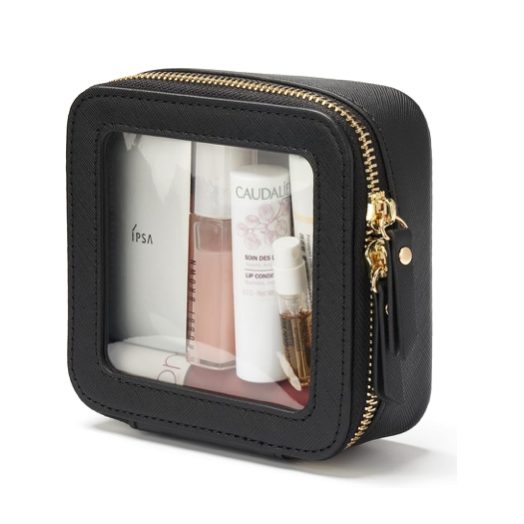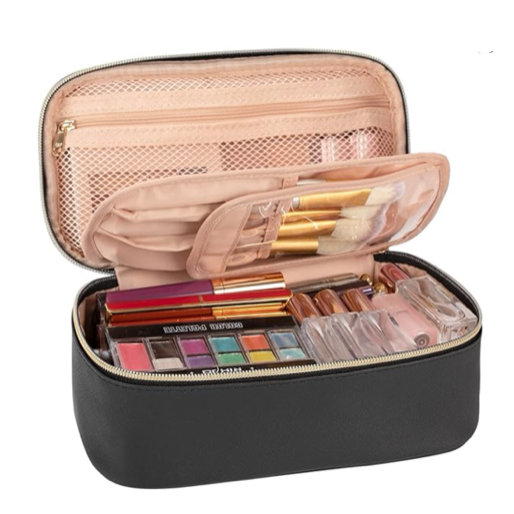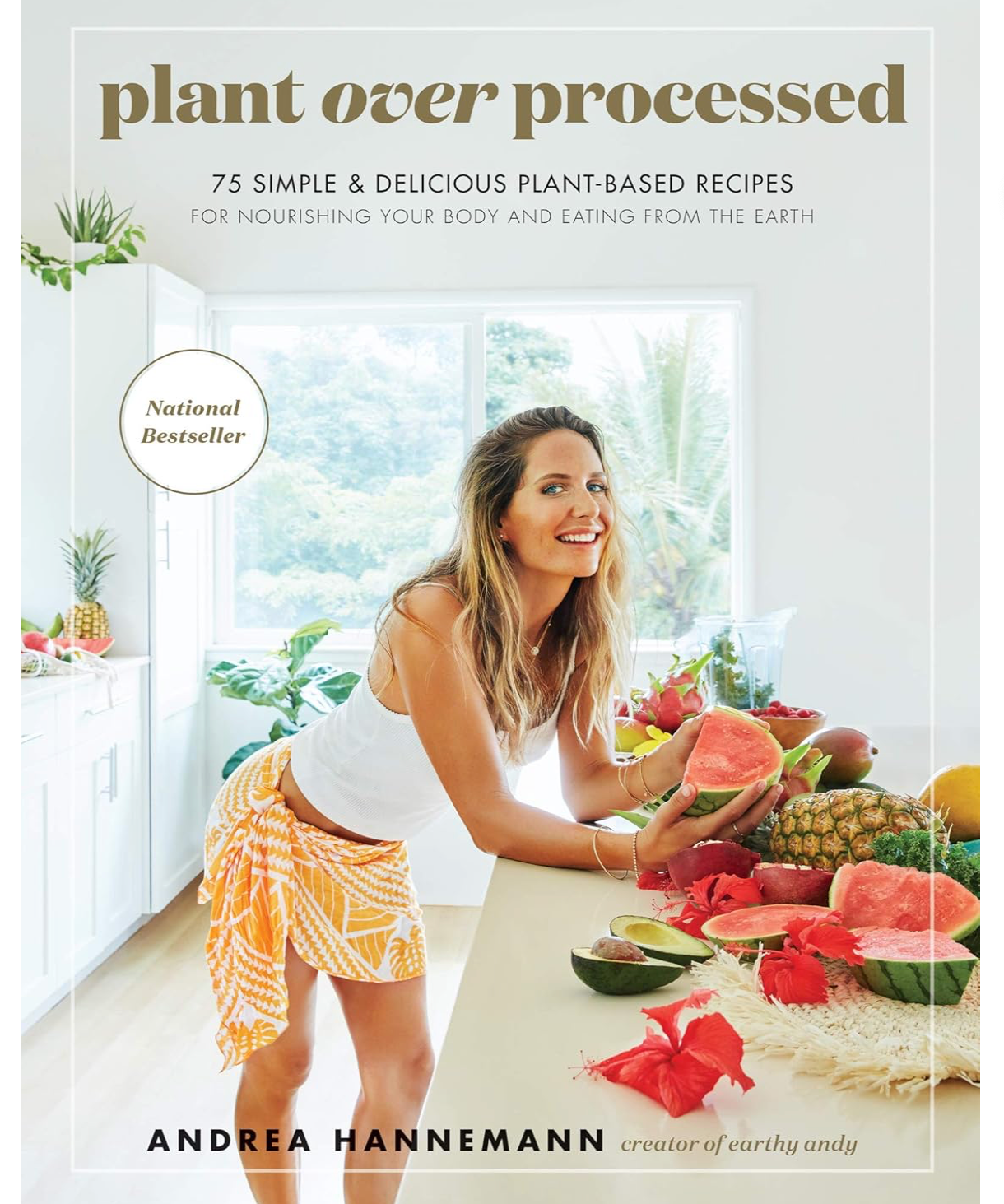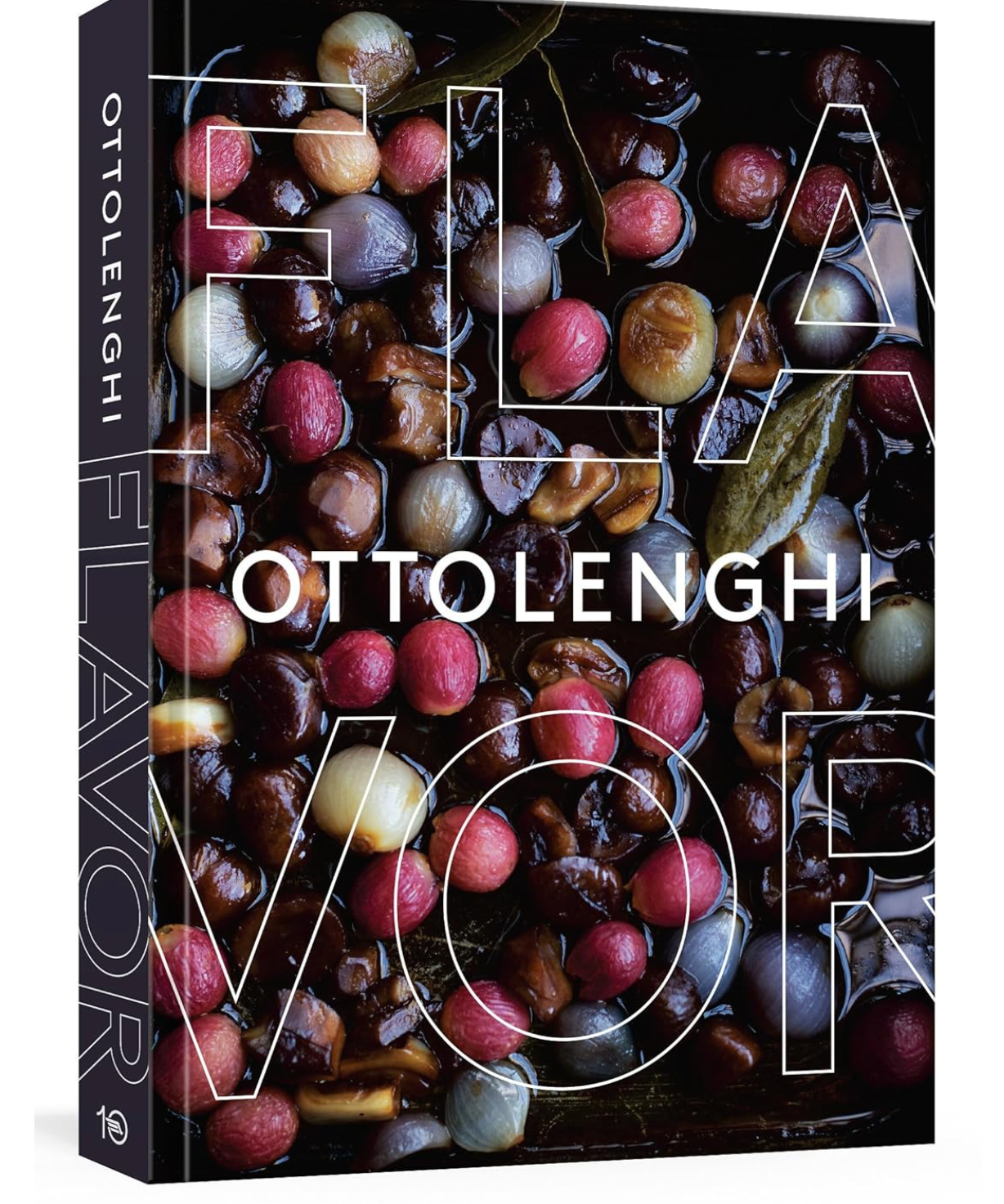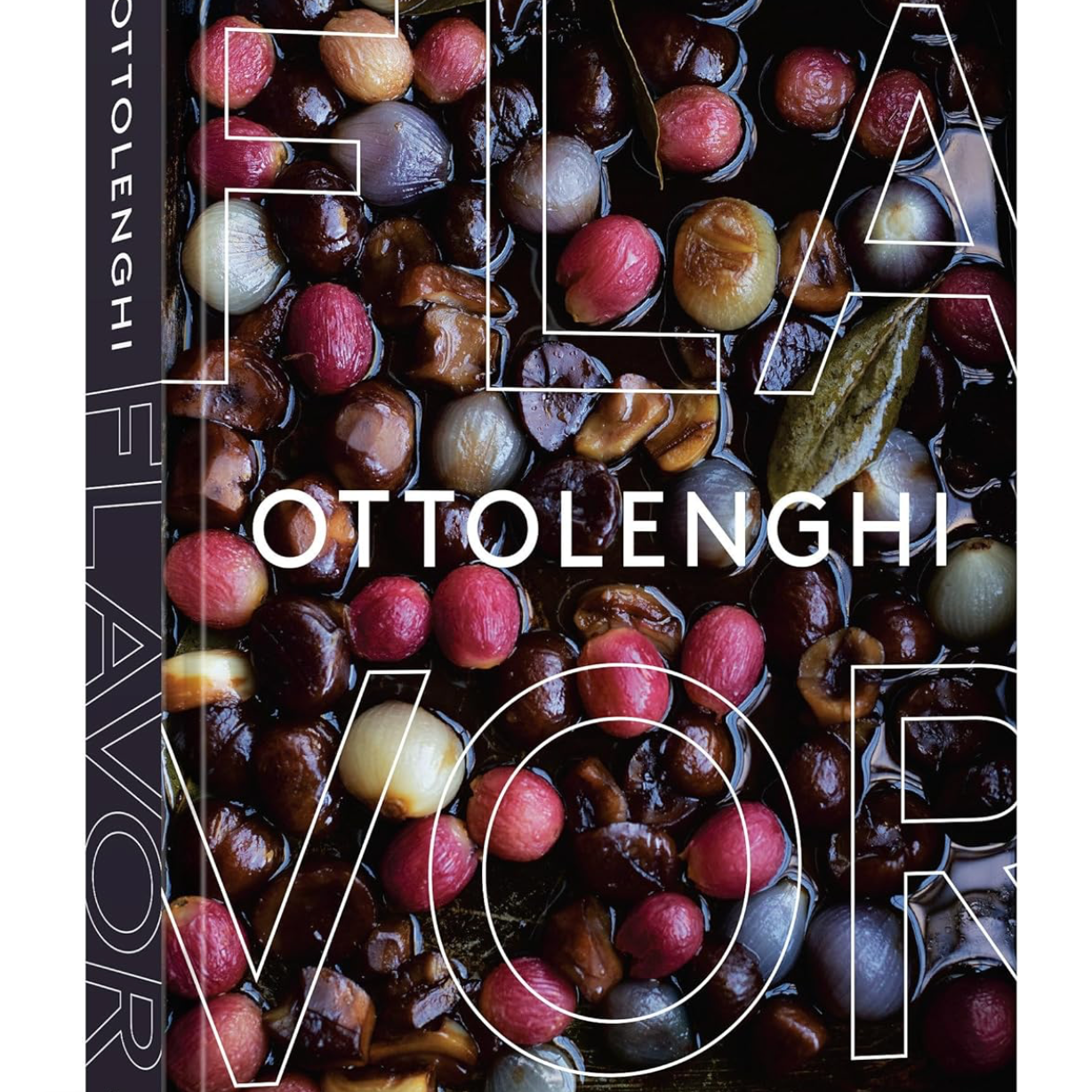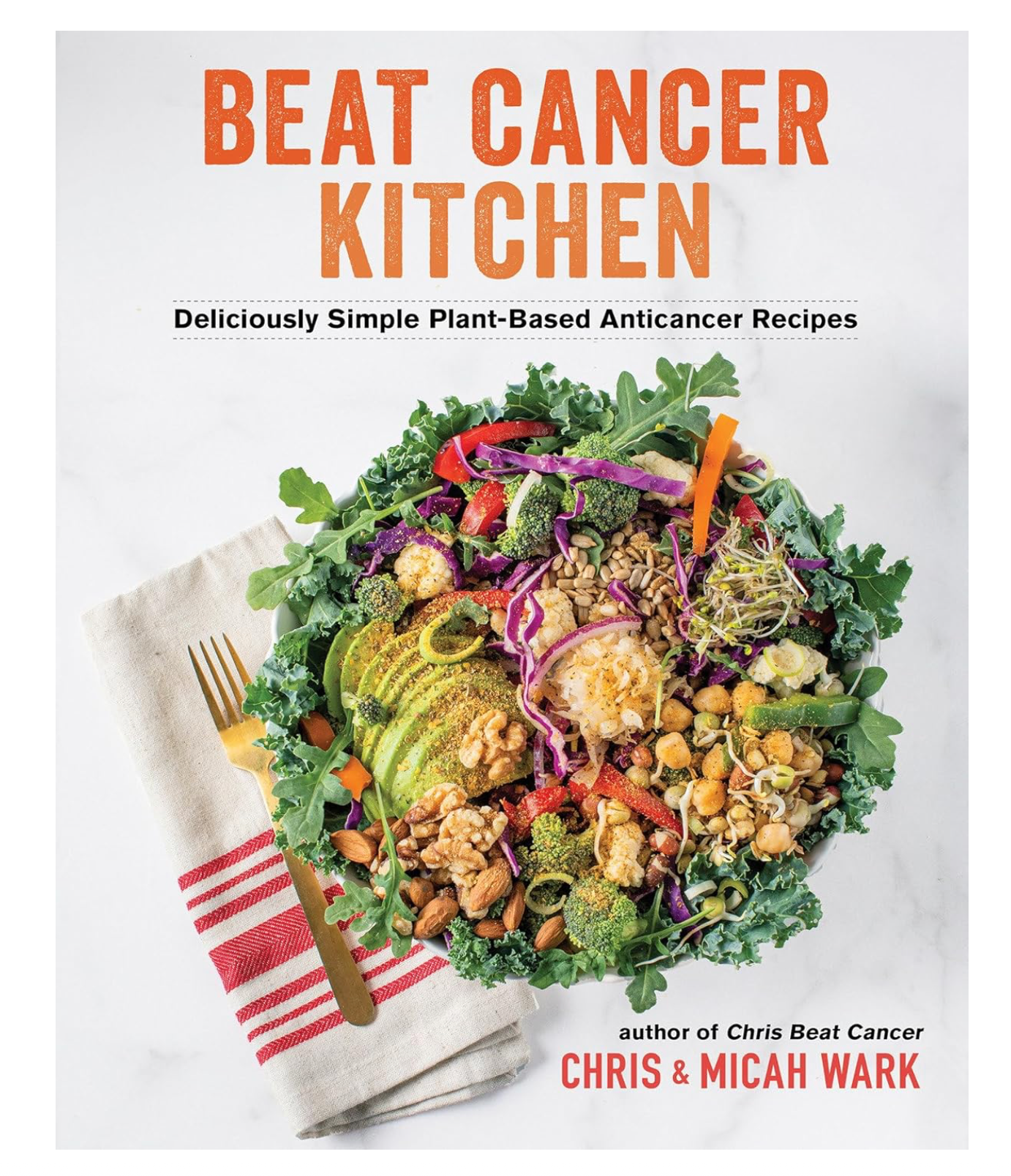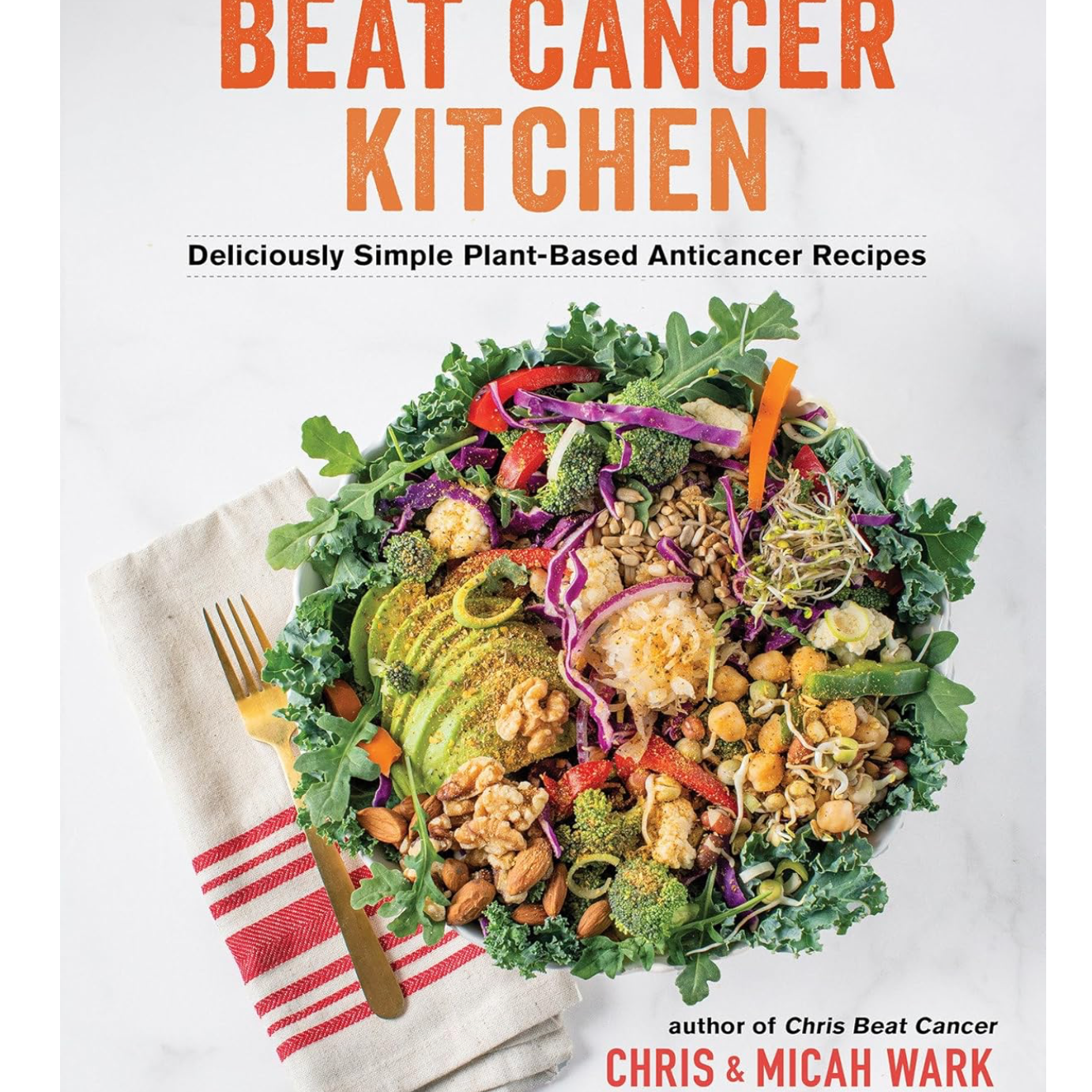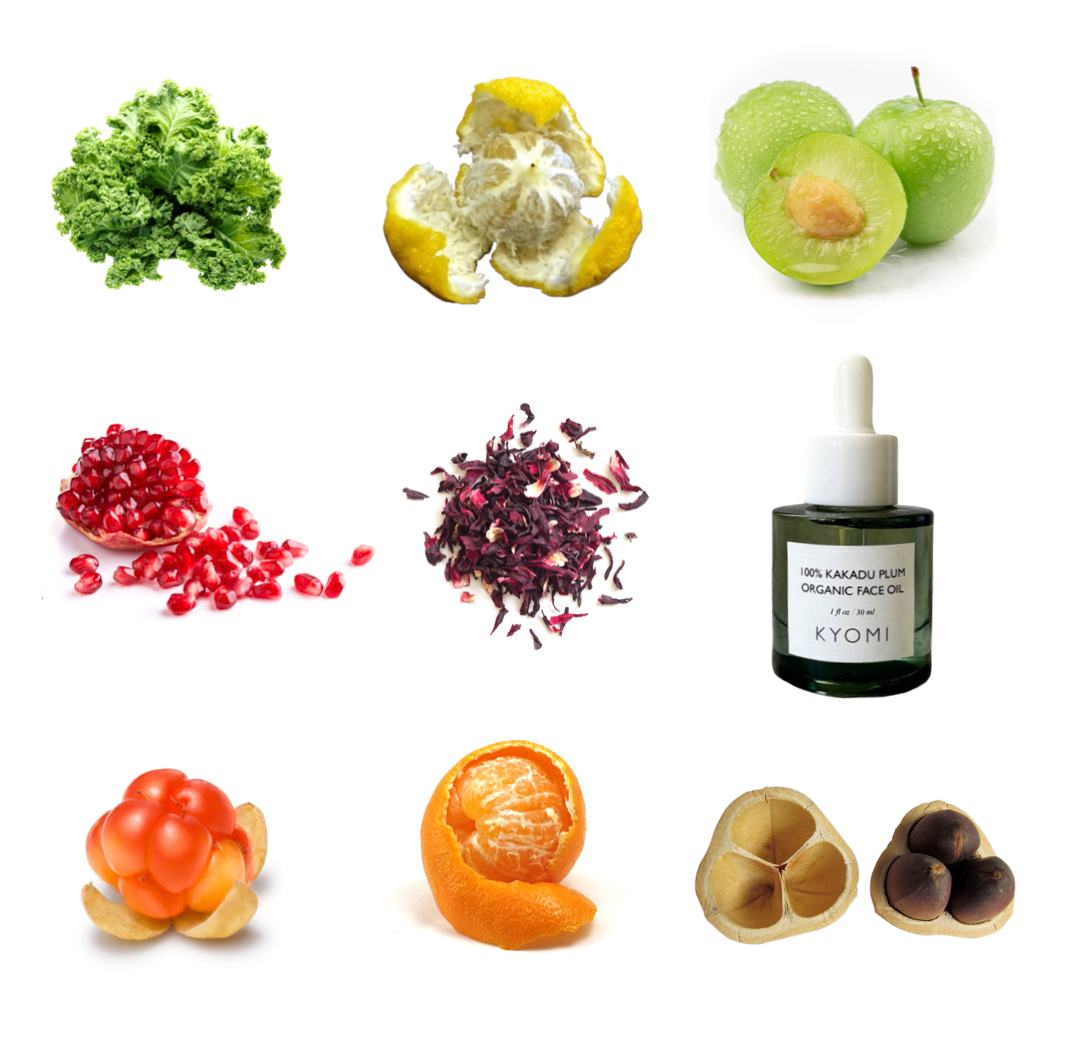Lately, it seems like every skincare product claims to be clean, plant-based, or natural. These terms are appealing and great if your looking for natural— but not always meaningful. One phrase that stands out among the noise is backed by plant science. It suggests a more thoughtful approach to formulation, where natural ingredients are selected not just because they sound nice and are natural, but because they’ve been studied, tested, and proven to be effective.
But what does that really mean? How does plant science work in skincare? And how is it different from the usual “green beauty” claims? Let's break it down.
Not Just Plant-Based — Plant Proven
To start, plant-based simply means that an ingredient comes from a botanical source — a leaf, root, fruit, flower, or seed. That’s a good starting point. But not all plant-based ingredients have scientific backing. Some are included for tradition, scent, or trend — not because they’ve shown measurable benefits to the skin.
In contrast, when a product is said to be backed by plant science, it means the botanical ingredients used have been studied in clinical or laboratory settings. These aren’t just gentle or natural — they’re effective. They’re chosen based on research that shows they support the skin in specific ways, like reducing inflammation, boosting hydration, or increasing collagen production.
Real-World Examples of Plant Science in Action
Botanical ingredients with strong scientific support are everywhere — and some of the most familiar ones are also the most effective.
-
Green Tea Extract (Camellia sinensis)
Green tea is rich in polyphenols like EGCG, which have been shown to reduce inflammation, protect against UV damage, and fight oxidative stress on the skin (Chiu et al., Journal of Drugs in Dermatology). -
Bakuchiol
Derived from the babchi plant, bakuchiol is often described as a natural alternative to retinol. Research shows it improves skin texture, softens lines, and evens tone — all without the irritation often associated with retinol (Dhaliwal et al., British Journal of Dermatology). -
Licorice Root Extract (Glycyrrhiza glabra)
This botanical is known for brightening the skin and calming redness. It works by inhibiting tyrosinase, the enzyme responsible for pigment production, making it useful in treating hyperpigmentation (Draelos, Clinics in Dermatology). -
Aloe Vera
Long valued for its soothing properties, aloe vera has also been studied for its ability to speed healing, increase moisture content in the skin, and reduce inflammation (Fox et al., Pharmacognosy Reviews). -
Colloidal Oat and Beta-Glucan
These compounds help reinforce the skin’s barrier and relieve irritation, especially in sensitive or compromised skin. Clinical studies show that oats can calm redness and improve hydration (Lodén, Journal of Drugs in Dermatology). -
Kakadu Plum (Terminalia ferdinandiana)
Native to Australia, Kakadu plum contains the highest known natural source of vitamin C — up to 100 times more than oranges. This potent antioxidant helps boost collagen production, brighten the skin, and reduce oxidative stress. Studies have confirmed its powerful photoprotective and anti-inflammatory properties, making it especially useful for dull or sun-damaged skin (Konczak et al., Journal of Functional Foods, 2014). -
Cacay Oil (Caryodendron orinocense)
Derived from a nut found in the Amazon, cacay oil is rich in natural retinol (vitamin A), vitamin E, and linoleic acid. It’s known for improving skin elasticity, softening fine lines, and supporting moisture retention without clogging pores. Its gentle yet effective profile makes it a compelling alternative to synthetic retinoids, especially for dry or sensitive skin (Vásquez-Caicedo et al., Journal of Ethnopharmacology, 2021). -
Hibiscus (Hibiscus sabdariffa)
Often referred to as “nature’s Botox,” hibiscus is rich in alpha hydroxy acids (AHAs) and antioxidants like anthocyanins. It helps exfoliate dead skin cells, improve elasticity, and promote a brighter, firmer complexion. Scientific studies have shown hibiscus extract to possess anti-aging, moisturizing, and skin-conditioning properties, making it a multifunctional botanical for overall skin renewal (Phetcharat et al., BMC Complementary and Alternative Medicine, 2015).
Why It Matters
Marketing terms like “natural” or “organic” are not always regulated in skincare — which can leave consumers unsure of what’s truly effective. The idea behind plant science is to bridge that gap between natural origin and proven performance.
Botanical ingredients backed by research:
-
Have documented mechanisms of action
-
Are often better tolerated than synthetic actives
-
May offer antioxidant, anti-inflammatory, or regenerative properties
-
Are bioavailable, meaning the skin can actually absorb and use them
This approach also tends to result in gentler products, since plants often contain a variety of compounds that work synergistically. Instead of using isolated synthetic ingredients in high concentrations, plant-based actives bring a broader, more balanced effect to the skin.
The Future of Skincare Is Plant-Informed
As research into botanical actives continues to grow, the future of skincare is shifting toward formulations that are both rooted in nature and supported by science. This doesn’t mean that every plant extract belongs in your routine — but it does mean that many offer legitimate, research-based benefits worth paying attention to.
For consumers, looking for products “backed by plant science” can be a helpful way to cut through the marketing noise. It’s not about being trendy or greenwashed — it’s about choosing ingredients with a proven ability to support skin health.
Final Thoughts
“Backed by plant science” is more than just a label — it’s a promise of thoughtful formulation. It reflects an approach to skincare that respects both nature and evidence, drawing from the best of both worlds to create products that are safe, effective, and grounded in real results.
When evaluating a skincare product, it’s worth asking not just what’s in it, but what it’s been shown to do. That’s the essence of plant science — and it’s changing the way we think about clean beauty.
References
Chiu, A. et al. “The Role of Botanical Antioxidants in Dermal Aging.” Journal of Drugs in Dermatology, 2003.
Dhaliwal, S. et al. “Bakuchiol: A Retinol Alternative Based on Plant Extracts.” British Journal of Dermatology, 2018.
Draelos, Z.D. “Botanicals and Their Role in Dermatology.” Clinics in Dermatology, 2001.
Fox, L.T. et al. “Aloe Vera Gel: Review of Efficacy and Safety.” Pharmacognosy Reviews, 2014.
Lodén, M. “Role of Oats in the Treatment of Atopic Dermatitis.” Journal of Drugs in Dermatology, 2007.
Konczak, I. et al. “Kakadu Plum – A Novel Australian Fruit with High Antioxidant Capacity.” Journal of Functional Foods, 2014.
Vásquez-Caicedo, A.L., et al. “Cacay Oil: A Nutrient-Dense Amazonian Nut Oil with Skin-Active Retinoids and Essential Fatty Acids.” Journal of Ethnopharmacology, 2021.
Phetcharat, L. et al. “The Anti-Wrinkle and Skin Hydration Effects of a Natural Hibiscus Extract.” BMC Complementary and Alternative Medicine, 2015.

